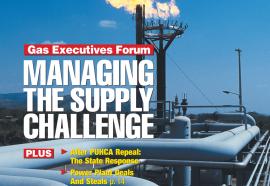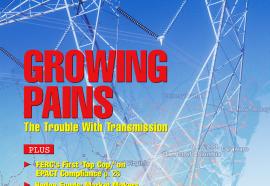The Gas Executives Forum: Gas Pains
Commodity price upheavals are energizing gas utilities to evolve their business models.
Top officials at several U.S. retail gas companies reveal how they are rethinking their business models and developing new approaches to serve customers in the face of supply concerns and price volatilities.







